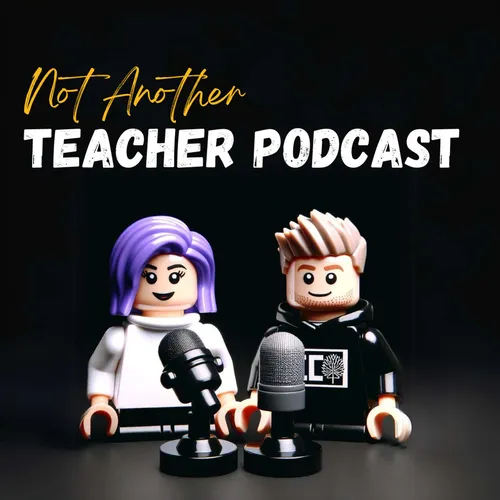There's So Much Mystery Around Health and Fitness
- Author
- Martin Malone and Poppy Gibson
- Published
- Fri 31 May 2024
- Episode Link
- https://share.transistor.fm/s/50b46add
Summary
The conversation revolves around health and fitness for teachers, focusing on mental and physical well-being. It covers topics such as diet, exercise, sleep, and sustainable lifestyle changes.
The hosts discuss extreme diets and the importance of balance and consistency in health and fitness routines. The conversation covers various dieting approaches and their impact on mindset, health, and fitness. It delves into the complexities of tracking food, the pitfalls of extreme dieting, and the importance of balance and moderation.
The discussion also touches on the influence of social media on health and fitness perceptions, the significance of healthy habits, and the role of sleep in overall well-being.
Takeaways
- Teachers often struggle with health and fitness due to the nature of their work and the pressure of half-term deadlines.
- Sustainable lifestyle changes, balance, and consistency are key to achieving and maintaining good health and fitness.
- The importance of sleep, movement, and calorie management in achieving health and fitness goals.
- Extreme diets may not be sustainable or healthy in the long term, and a balanced approach is more effective.
- Focusing on healing the relationship with one's body and making gradual, sustainable changes leads to long-term success in health and fitness. Tracking food can be tedious at first, but it becomes easier with time and practice.
- Extreme dieting can lead to a binge culture and an all-or-nothing mindset.
- The influence of social media on health and fitness perceptions can be misleading and unrealistic.
- Healthy habits, including sleep, hydration, and balanced nutrition, are essential for overall well-being.
